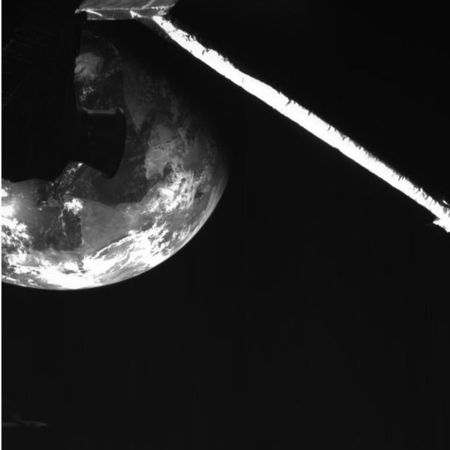In what appears to be becoming an almost twice-weekly event, the scientists who created the Institute for Health Metrics and Evaluation (IHME) model that the White House has been depending on to deal with the Wuhan flu epidemic have once again lowered their projected total deaths from COVID-19, from about 82,000 to 61,000.
Wednesday’s dramatic reverse in the model’s projection of U.S. deaths was made without a press release from IHME explaining the reasons for the reduction. It marks the second reduction in the model’s U.S. deaths projections since April 1, when it forecast 93,765 U.S. fatalities.
On April 5, the death projections were lowered to 81,766.
“Our estimates assume statewide social distancing measures are continuing in states where they have already been enacted, and for those states without such measures in place, it is assumed they will be will be in place within seven days,” IHME director Christopher Murray said on April 5. [emphasis mine]
Murray’s highlighted statement above gives the impression that these new lower numbers are because of the imposed “social distancing measures.” This is a lie. All their predictions, even their highest, always included such measures. Thus, their earlier predictions were simply wrong, and very badly wrong.
In only a week they have dropped their prediction by one third.
I must add that this is the same model that has vastly over-estimated the number of hospitalizations that would occur, to the point of absurdity. Instead of having so many coronavirus patients that hospitals were overwhelmed, hospitals have had numerous empty beds, even in New York.
If the deaths from the Wuhan flu end up around 61,000, that number will match exactly the number of total deaths during the 2017-2018 flu season. Remember how we shut down the entire economy then too? I don’t.
I will also make a prediction. The final numbers will still be far lower than the 61,000 they are now predicting, even though there is clear evidence that many states are exaggerating the number of Wuhan flu deaths, probably in order to justify their panic that has shutdown the country and is bankrupting millions. In the end, even with these overstated numbers, the totals (including the flu) will I bet end up not much more than a somewhat bad flu season, but not one far different than 2017-2018, the worst in many years.
If the voters don’t fire a lot of politicians come November for this disgusting travesty, then we are surely doomed to bankruptcy and tyranny in future years.






